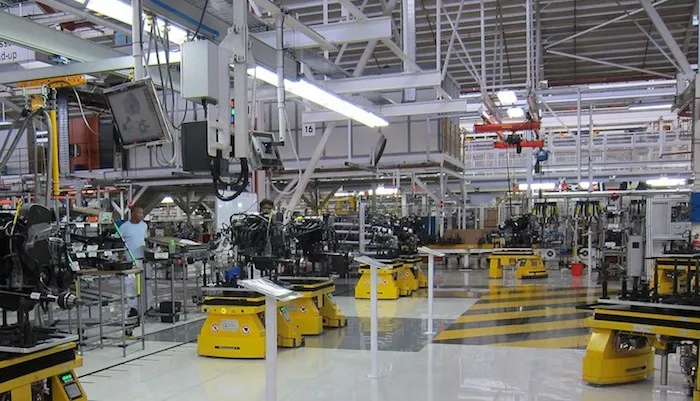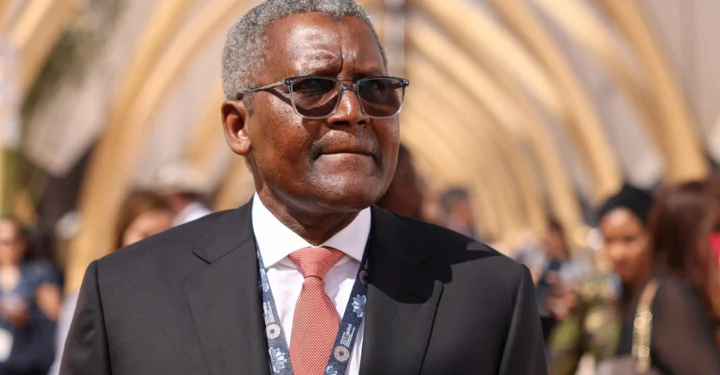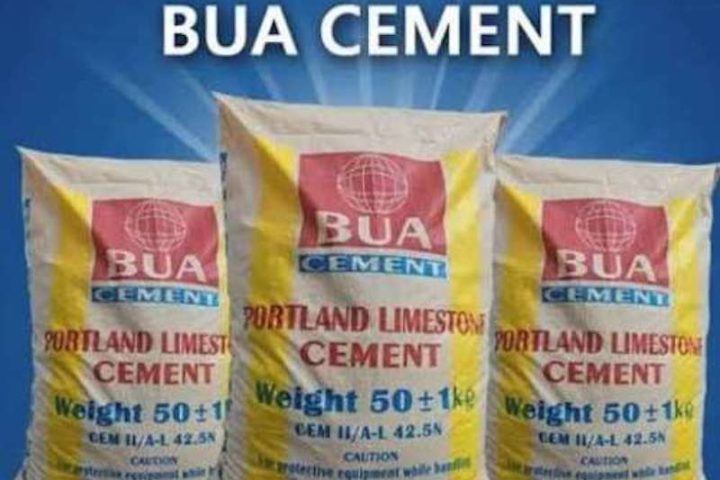Data from the National Bureau of Statistics indicates that manufacturers in Nigeria spent N2 trillion on importing raw materials for production in the first nine months of 2023.
The figures reveal a concerning trend with expenditures rising from N555.4bn in the first quarter to N950.9bn in the third quarter. Major imports include cane sugar, lubricating oils, and milk preparations.
Join our WhatsApp ChannelFrancis Meshioye, President of the Manufacturers Association of Nigeria, expressed concern about the limited supply of raw materials during the Annual General Meeting, emphasizing the need for government incentives to encourage local production.
He stated, “There is a clear need for diversification of the Nigerian economy to promote quality growth, economic transformation, and employment.”
Gabriel Idahosa, President of the Lagos Chamber of Commerce and Industry, who raised doubts about the effectiveness of the backward integration policy, stated that many manufacturing firms are yet to embrace the idea.
He emphasized, “Backward integration will take a long time to reduce that gap,” citing challenges in accessing raw materials and technology for certain industries.
Emmanuel Ochayi is a journalist. He is a graduate of the University of Lagos, School of first choice and the nations pride. Emmanuel is keen on exploring writing angles in different areas, including Business, climate change, politics, Education, and others.



















Follow Us